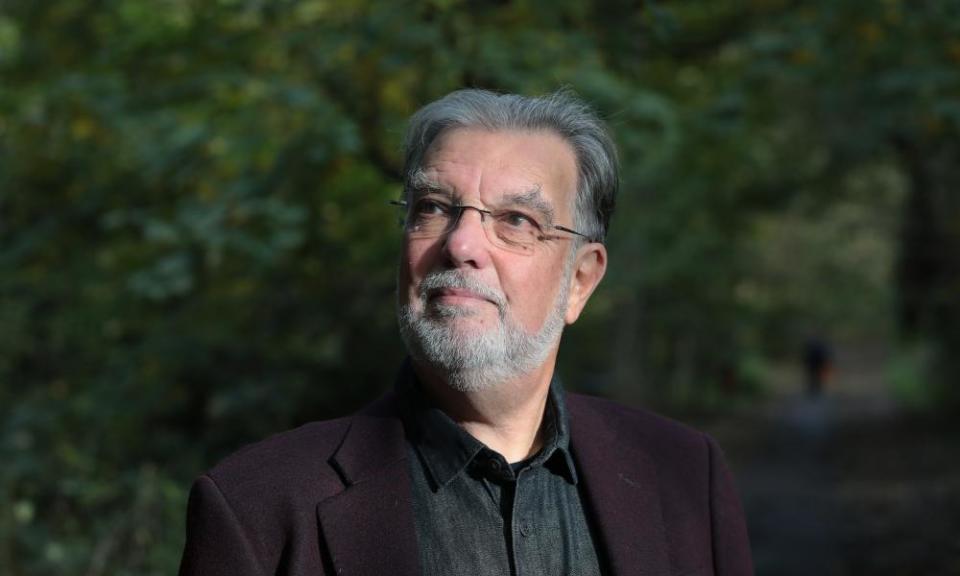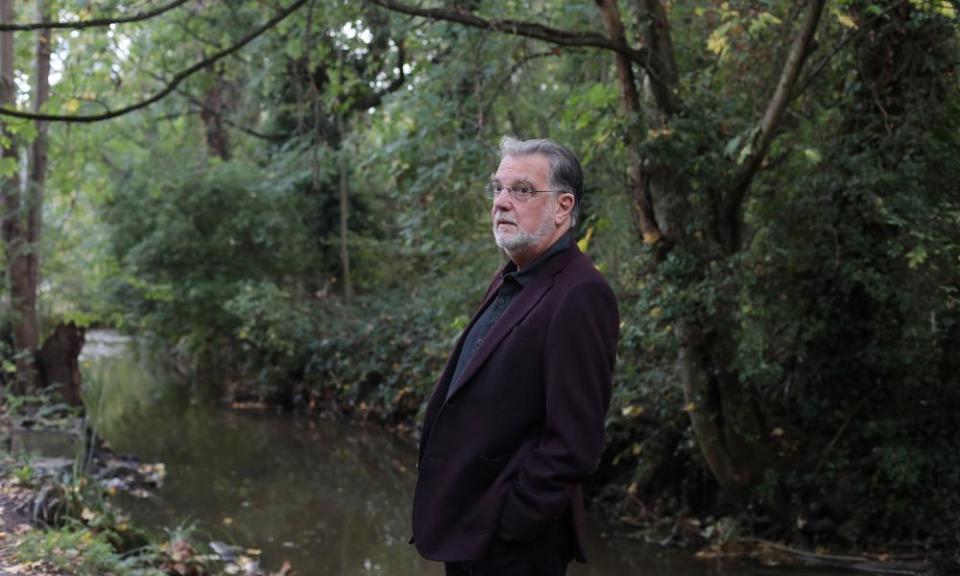At 75, I've volunteered for a Covid vaccine trial. It could set people free

There’s a 50% chance that this week I was injected with a vaccine designed to protect me from Covid-19. If not, I got the saltwater placebo instead. I won’t know until the study ends in 13 months, which is a shame. It would be nice to walk the streets without looking balefully around me at young people not wearing masks and thinking: I’m 75, this virus kills people my age.
It killed my chum Mike Pentelow, who was having a lot of fun in his retirement, writing books with titles such as A Pub Crawl Through History, and Mike was a year younger than me. Perhaps he’s the reason I volunteered to be a guinea pig for one of the companies working on a vaccine.
Or perhaps I was just bored. This was going to be such a good year, and most of my plans have crumbled before my eyes. And I knew they were short of people my age – they need a quarter of the 9,000 participants to be over 65. In August I had an email from the NHS inviting me to express an interest in coronavirus vaccine studies. I was just mourning a cancelled holiday I had been looking forward to, so I said yes. On 1 October the call finally came, from the Novavax Covid-19 vaccine trial, and I had to think seriously about it.
A very long letter from the researchers told me: “The clinical and scientific communities are increasingly of the view that whilst social distancing, testing and other measures can help with the current crisis, the only long-term solution to beating the disease will be finding a vaccine.” But it also spelled out the risks I might be running, from swelling at the injection site all the way through to autoimmune diseases, where the immune system attacks the body’s own tissues. These, it said, “can affect the heart, skin, blood health, metabolism, nervous system, thyroid, muscles, joints, liver, and/or kidneys”.
Some of my friends thought I was mad. They weren’t going near hospitals these days, even if they were ill, for fear of finding the virus. But this is the third stage of the trial. People have tried this vaccine before and no one’s died yet or even become seriously ill. I’m in good health and I take no regular medicine. We need to know that people my age can go to shops and pubs and restaurants and theatres safely again. The company will be providing 60m doses of the vaccine to the UK if and when it’s approved.

So Tuesday found me striding to the Royal Free hospital in Hampstead, north London, rather fast because I feared being late. Then I worried that they would see I was out of breath and sweating a little, pronounce me unfit and send me away. In fact, when the nurse held a thermometer to my forehead, it gave my temperature at a frighteningly low 33C. She hastily put another thermometer under my tongue and found it was normal.
The young doctor and nurse with whom I spent the next two and a half hours were kind and efficient, moving me on tactfully but swiftly from physical examination to form-filling to cross-examination, and (for me the worst part) to providing a sample for a Covid test by pushing a cotton bud first to the back of my throat where my tonsils once were, and then up my nose.
The doctor, rushing through the questionnaire, asked if I was pregnant or thinking of getting pregnant. “I’m male and 75,” I said, and we all stopped and laughed. While he was talking, the nurse took blood from a vein in my arm so efficiently that I didn’t know she had started until she told me she had finished. The NHS is people like that doctor and nurse, but you can’t help also noticing the rubbish the politicians have grafted on to it. The letter from the hospital has on every page the empty boast “world-class expertise”. Boris Johnson has stripped that phrase of what little meaning it might once have had, and it’s in melancholy contrast with the sad little notice beside the hand gel dispenser: “Due to low stock we are prioritising which dispensers to refill.”
I have to return in three weeks for the second dose, then a fortnight after that, then after three, six and 12 months. I will be out of the study in November 2021. If another vaccine is approved in the meantime, I will have to talk to the researchers before I take it. I am not to take my annual flu jab until late November. They sent me home with Covid tests in case I have symptoms. I’m also supposed to have a special app on my phone on which, if I get symptoms, I’m to describe them. But I can’t make the app work, and it looks from the comments on the website as though I’m not alone in this. If I have symptoms, I’ll write them down and send them.
I’m pleased to be a part of this. It felt busy and purposeful, and I’m hoping (foolishly, I’m sure) that I get the same doctor and nurse next time. A couple of days later, I’m feeling fine, until a friend calls and we discuss meeting for lunch and then remember that we can’t. I wish I knew whether I had the vaccine or not. Because unless it’s a complete dud, which seems unlikely, it would set me free.
Francis Beckett is a journalist, playwright and author of several books, including biographies of Tony Blair and Gordon Brown.

 Yahoo Finance
Yahoo Finance 